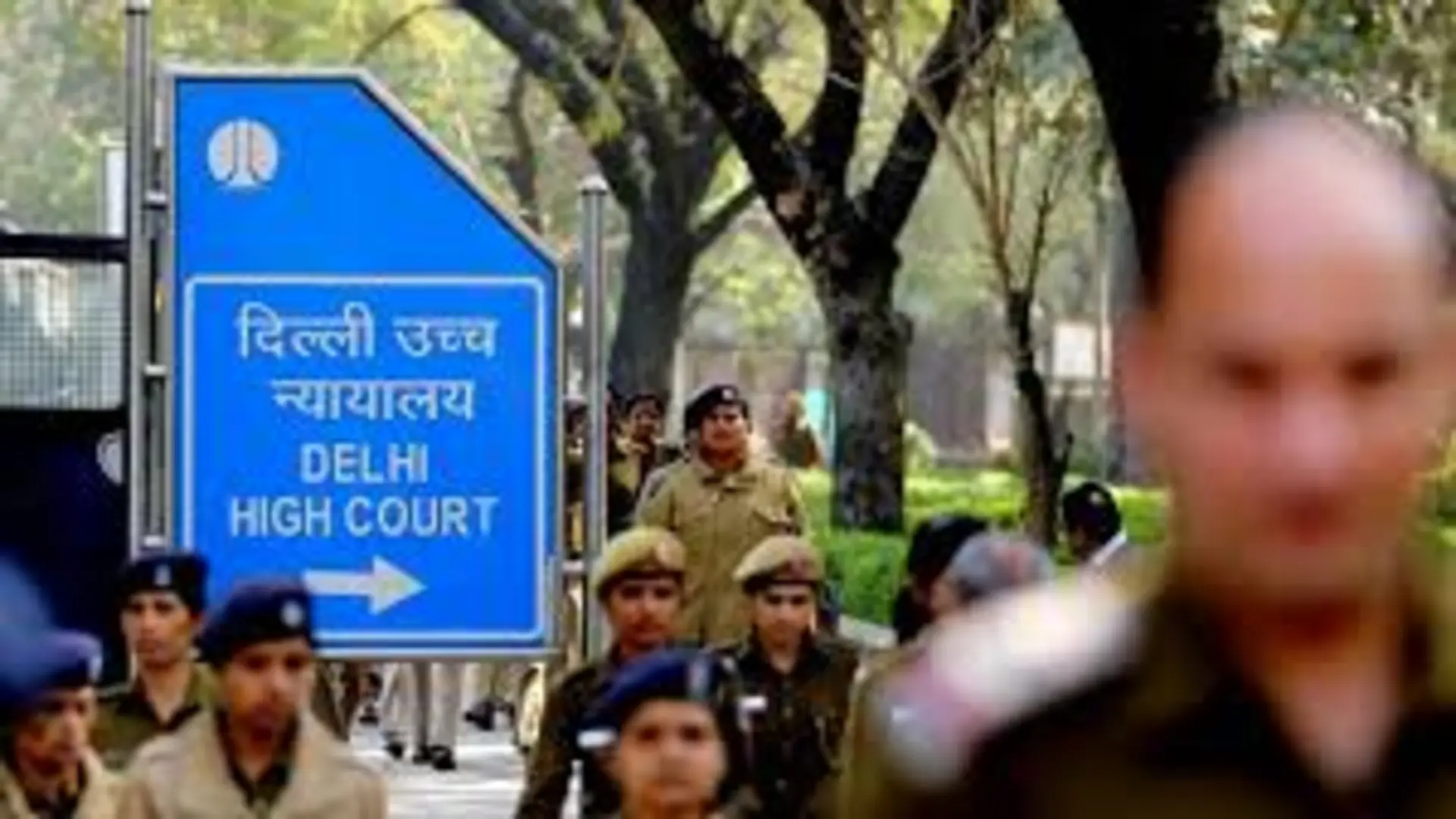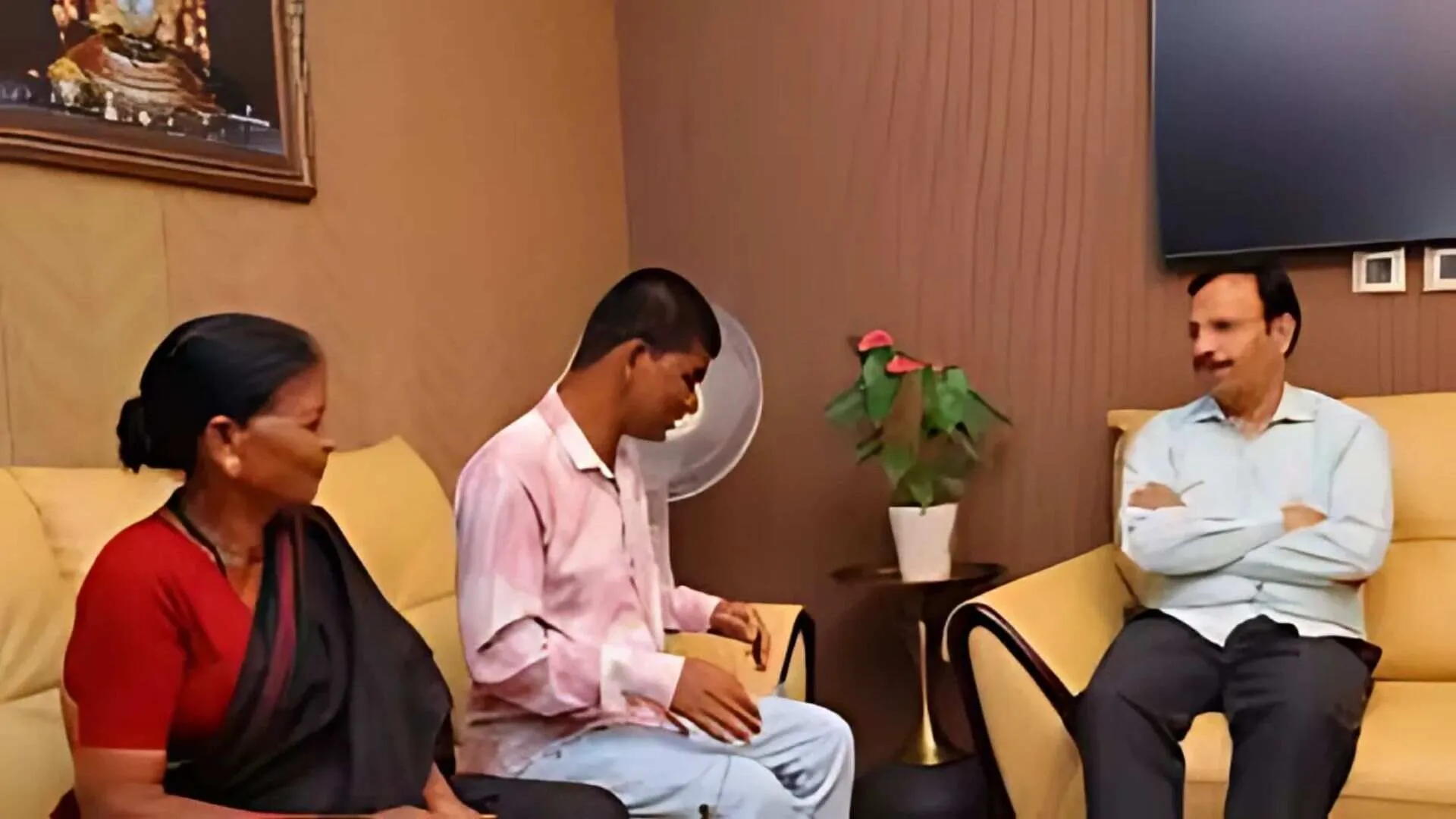The institution of marriage is the nucleus of the social system. It forms the very foundation on which the splendid edifice of the social system stands. This sacred matrimonial bond gives birth to a plethora of rights and obligations. With the increase in Indian Diaspora, matrimonial alliances of Indian women with overseas Indian men are rising proportionately.
As reported by National Commission for Women, typical instances of issues that arise in NRI marriages are Abandonment of the women right after marriage, leaving her women during pregnancy, after child-birth, abandonment of mother-child duo; physical and mental abuse, desertion without reasonable cause, false information/Concealment about job, immigration status, earning, property, marital status and other material particulars, to deceive into the marriage, amongst others. Moreover, legal issues related to jurisdiction of courts, service of notices/orders, enforcement of orders; simultaneous retaliatory legal proceeding by husband in the other country, taking advantage of more lenient divorce grounds, obtaining ex-parte divorce and non-submission to the legal proceedings in any ways to summons, or even warrant of arrest are also encountered by women. Through the present article, author attempts to simplify the substantive and procedural laws applicable to the NRI parties to matrimonial disputes.
SUBSTANTIVE LAW
To understand the interplay of laws in cases involving NRIs, it is pertinent to mention that there are two sets of laws; one is Substantive that determines the rights and liabilities of the parties, whereas the other one is procedural which doesn’t create any right or liability rather lays down the procedural framework through which the substantive rights are legally enforced. Substantive Law governing the rights and liabilities of the parties to NRI Marriages is the Law under which the marriage is solemnised. All direct and incidental rights emanating from marriage, like maintenance, divorce, guardianship, custody, inheritance, succession and adoption are also regulated by the same substantive law. For example- If two Indian Citizens (Hindu by religion), marry in India as per Hindu Rituals, their matrimonial rights would be governed by Hindu Marriage Act, 1955 even if they are residing outside India.
Divorce cannot be granted on any ground which is not provided in the governing statute even if it is a valid ground in the country of their residence. To illustrate, Irretrievable Breakdown of Marriage is not a valid ground of divorce under Hindu Marriage Act, 1955; hence an NRI Couple cannot seek divorce on this ground in foreign country. If any Foreign Court has granted divorce on this ground, such a decree will be null and void in India. In Y. Narasimha Rao v. Y. Venkata Lakshmi, Supreme Court held that a Foreign Decree is not executable in India if the ground on which the divorce is granted by the foreign court is not a ground available under Indian Laws.
Section- 3 and 4 of the Indian Penal Code, 1860 (IPC) read with Section-188 of the Criminal Procedure Code, 1973 extend application of IPC to Indian Citizens residing abroad. If any person commits Matrimonial Offence which is punishable under IPC or any other special law in India in foreign land, the perpetrator can be booked and punished under Indian Laws. Matrimonial Offences are mentioned in Chapter XX (Section- 493-498A) of Indian Penal Code, special laws and personal laws. Dowry-related offences are punishable under Section- 304B of IPC and Dowry Prohibition Act, 1961. If in-laws while sitting in India exert pressure for dowry on their daughter-in-law living abroad, they can be booked for Abetment to Dowry/Cruelty as Section 108 of IPC expressly, states, “A person abets an offense who, in India, abets the commission of any act within and beyond India which would constitute an offense as if committed in India.”
PROCEDURAL LAW:
Procedural Laws are lex fori in nature and procedure is governed by the law where the suit is instituted. Civil Proceedings can be initiated either at the place where the spouse ordinarily resides, or place where the couple last resided together, or place where the petitioner is currently residing, whether overseas or India. Special power of attorney (SPA) can be used by the NRI husband/wife living abroad to file a divorce case in India. In case the errant party despite repeated summons doesn’t appear before the Indian Court, warrants may be issued and uploaded on Ministry of External Affairs Website and shared with the Indian Embassy Office in the Foreign Country for compelling his/her attendance.
Provisions related to Execution of Foreign Divorce Decree in India are contained in Section 13 and 44-A Code of Civil Procedure, 1908. For a foreign decree to be valid and enforceable in India, it must fulfil the conditions mentioned in Section 13. In Y. Narasimha Rao Case (Supra), Supreme Court ruled the following conditions of a valid foreign decree-
Both parties voluntarily and unconditionally subject themselves to the jurisdiction of the Foreign Court
Decision is given on the “merits” of the case
Ground of divorce in the decision of the Foreign Court must be a ground available under the Indian Law
Decree must be free from fraud or any misrepresentation
IMPOUNDING OF PASSPORT
Section-10 of The Passport Act lays down grounds and procedure for revocation of passport by Passport Authorities. Revocation or Impounding of a passport on account of any involvement of matrimonial offence is not per-se mentioned. However, passport may be revoked / impounded on the following grounds:
If the holder has been convicted of any offence by a court in India for an offence involving moral turpitude and sentenced to an imprisonment for not less than two years
If criminal proceedings are pending in a court in India
If a warrant or summons for appearance or an arrest warrant has been issued by a court
In Rajiv Tayal v. Union of India (2005) passport of NRI husband was impounded after continuous failure on his part to respond to summons by the Indian Courts under Section 10 of the Passport Act. The husband challenged the revocation order passed by Consulate General of India, New York by invoking writ jurisdiction which was rejected by the High Court and he was ordered to appear before the Indian Court. Fines can be imposed as per Schedule to the Act in case of non-disclosure of correct marital status/details of pending matrimonial case or minor suppressions of information regarding marital status/name of spouse etc.
REDRESSAL
NRI Cell of National Commission for Women is the nodal agency for resolving issues related to NRI marriages from across the country and abroad. Online Complaint can be filed with NRI Cell of NCW- http://ncwapps.nic.in/NRICellcms/ or sent via email- nricell-ncw@nic.in
Besides, Ministry of External Affair’s Online Consular Grievances Monitoring System- MADAD helps Indians abroad, including women married to NRIs. Distressed woman or any member of her family/friend can register a complaint under this Module.
For legal aid and advice on any matter, National/State Legal Services Authority can be contacted. As per Section-12 of The Legal Services Authorities Act, 1987, every woman is entitled to free legal aid in India. If the victim wishes to file case in India, complaint can be filed through NALSA Mobile Application or NALSA on-line complaint portal.
WAY FORWARD
To support Indian women in distress by providing financial and legal assistance, Ministry of External Affairs implemented Scheme, titled “Scheme for giving legal / financial assistance to Indian women deserted by their overseas Indian / foreigner husbands”. The scheme is available to Indian women who have been deserted by their overseas Indian / foreigner husbands or are facing divorce proceedings in a foreign country, subject to the conditions mentioned therein. Besides, Registration of Marriage of Non-Resident Indian Bill, 2019 which is currently referred to Parliamentary Standing Committee makes registration of NRI Marriages compulsory. Failure to register marriage within 30 days would lead to impounding of passport by the passport. Moreover, the Supreme Court is also yet to formulate guidelines for safeguarding the interest of NRI married women in the PIL filed by NGO, Pravasi Legal Cell.
(Bhawna Gandhi is a Delhi-based Lawyer and Columnist, currently working as Researcher at Delhi State Legal Services Authority)













